State liaison Offices are just like embassies, they represent the interest of the state. They make it easy for citizens or indigenes of that state to process some documentation or resolve certain issues. Liaison Office means a place to act as a channel of communication between the principal place (State of Origin) and the citizen.
– Definition
About State
Niger State, one of the 36 states of Nigeria was created out of the defunct North Western state on 3rd February, 1976. Situated in the North central geo-political zone, Niger State shares its borders with republic of Benin (West), Zamfara State (North), Kebbi (North-West), Kogi (South), Kwara (South West), Kaduna (North-East) and the FCT (South-East). The State comprises 25 Local Government Areas grouped into 3 administrative zones: A, B, C with each zone having 8, 9 and 8 Local Government Areas (LGAs) respectively. In line with the constitution of the Federal Republic of Nigeria, two levels of government exist in the State; the State Government and the Local Government Councils. With the merger of Borgu Emirate from the old Kwara in August 1991, Niger State is one of the largest states in Nigeria covering about 86,000km2 (or about 8.6million hectares) representing about 9.3% of the total land area of the Country. The State’s major rivers are: Niger, Kaduna, Gbako, Eko, Gurara, Ebba, Ega, Mariga and their tributaries. The common fishes found in these rivers are: Nile Perch (Lates) Trunck fish, Cat fish, Osteoglosid, Tilapia, Synodontis, Tiger fish, Moon fish, Mormyrid and Electric fish. By the 2006 census, the State’s population is 3,950,249 comprising 2,032,725 males and 1,917,524 females. These represent the proportional share of 51.5% for males and 48.5% for females respectively. As opposed to a national annual growth rate of 3.2%, Niger State is growing at 3.4% annually. The easily identifiable major ethnic groups are Nupes, Hausa, Gbagyi, Kadara, Koro, Bassa, Kamuku, Ingwai, Fangu, Kambari, Dukkawa, Fulani, Abewa, Bisan, Gungawa, Bauchi, Bariba, Urah, Boko, Bokobaro, Bauchnu, Achifawa, Dakarkari, Kakanda, Ganagana, and Dibo and numerous non native tribes. The major economic activity is agriculture: farming, fishing, and cattle rearing. The other economic activities (though limited in scale) include banking, trading, transportation, local arts and crafts with Bida, the heart land of the Nupes, famous for its brass work. These activities constitute the means of livelihood of the people of Niger State in addition to public service.
TOURISM
Niger State Is One Of The Richest States In The Country In Terms Of Tourism. Some Of The Tourist Attractions Are Zuma Rock, Gurara Falls, Baro Empire Hill, Lord Lugard Colonial Ruins At Zungeru, Nagwamatse Well And Kainji Lake National Park.
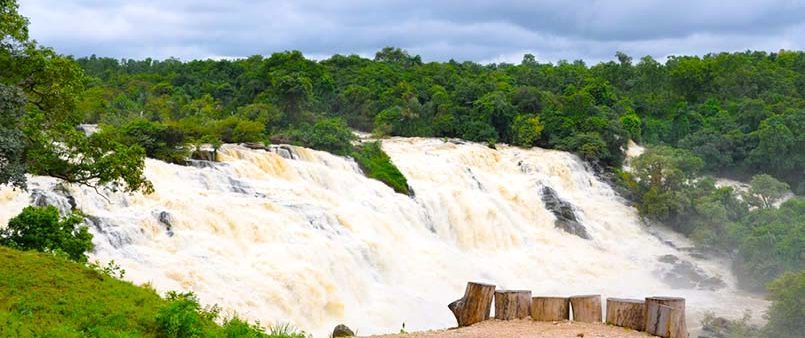
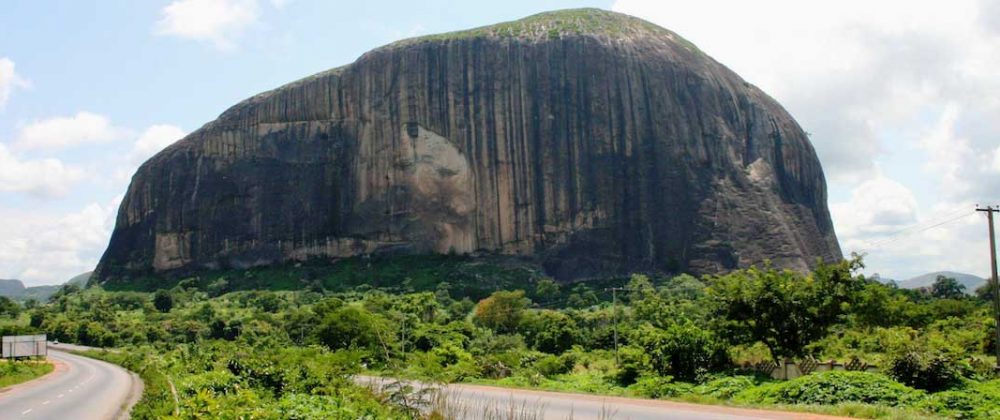
POPULATION
As At 1961, The Population Of Niger State Was 1,194,508. The 1991 Population Figure Indicates Niger State As Provisionally Containing 2,421,581 People. The 2006 Population And Housing Census Put The State’s Population At 3,950,249.
ECONOMY
The Cherished Asset Of Niger State Is Its Fertile Land, However, The Potentials Are Yet To Be Fully Explored. The Climate And Availability Of Wide Variety Of Mineral And Agricultural Resources Also Attest To The Economic Potentials Of The State. Every Government That Has Come To Power Endeavoured To Provide Good Infrastructure Such As Roads, Electricity, Water And Communication Facilities, To Make Way For Interested Investors. Some Natural And Mineral Resources Found In The State Include: Talc, Gold, Ball Clays, Silica, Sand, Marble, Copper, Iron, Felsper, Lead, Kaolin, Casserole, Columbite, Mica, Quartzite, And Limestone. The Three Hydro Electric Power Stations In The Country (At Kainji, Jebba And Shiroro) Are All Situated In Niger State.
Leadership
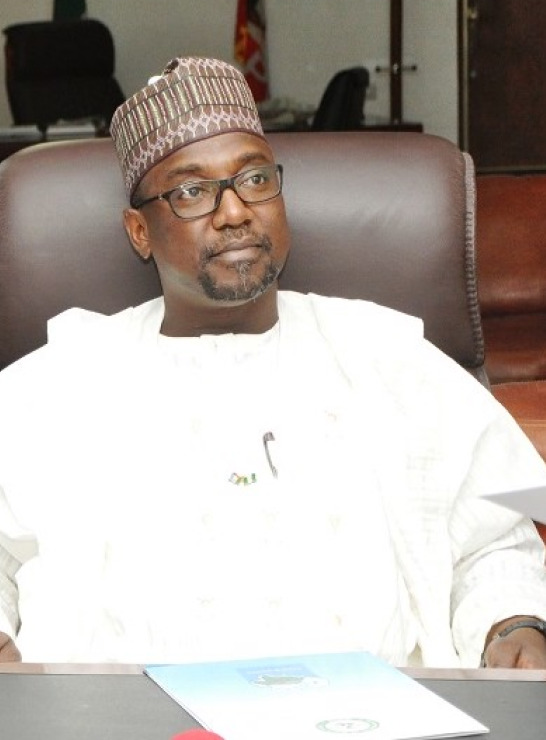
HIS EXCELLENCY,
Abubakar Sani Bello
THE EXECUTIVE GOVERNOR, NIGER STATE.

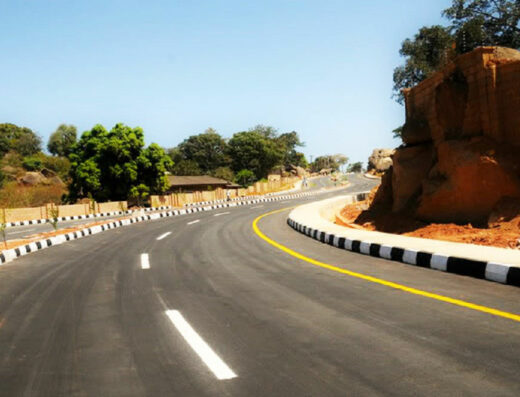

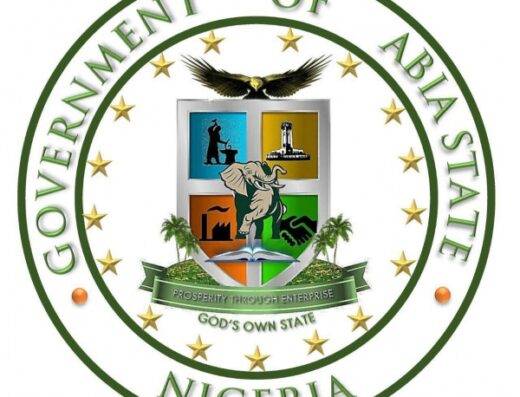

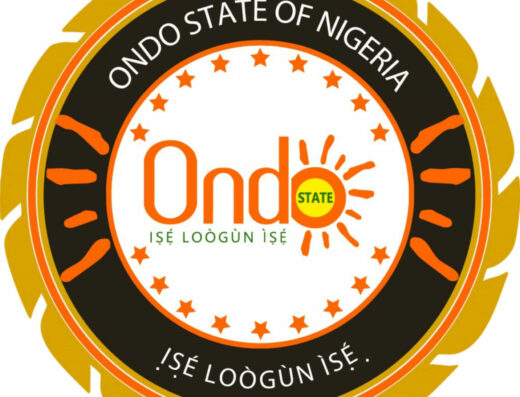
Leave a Reply